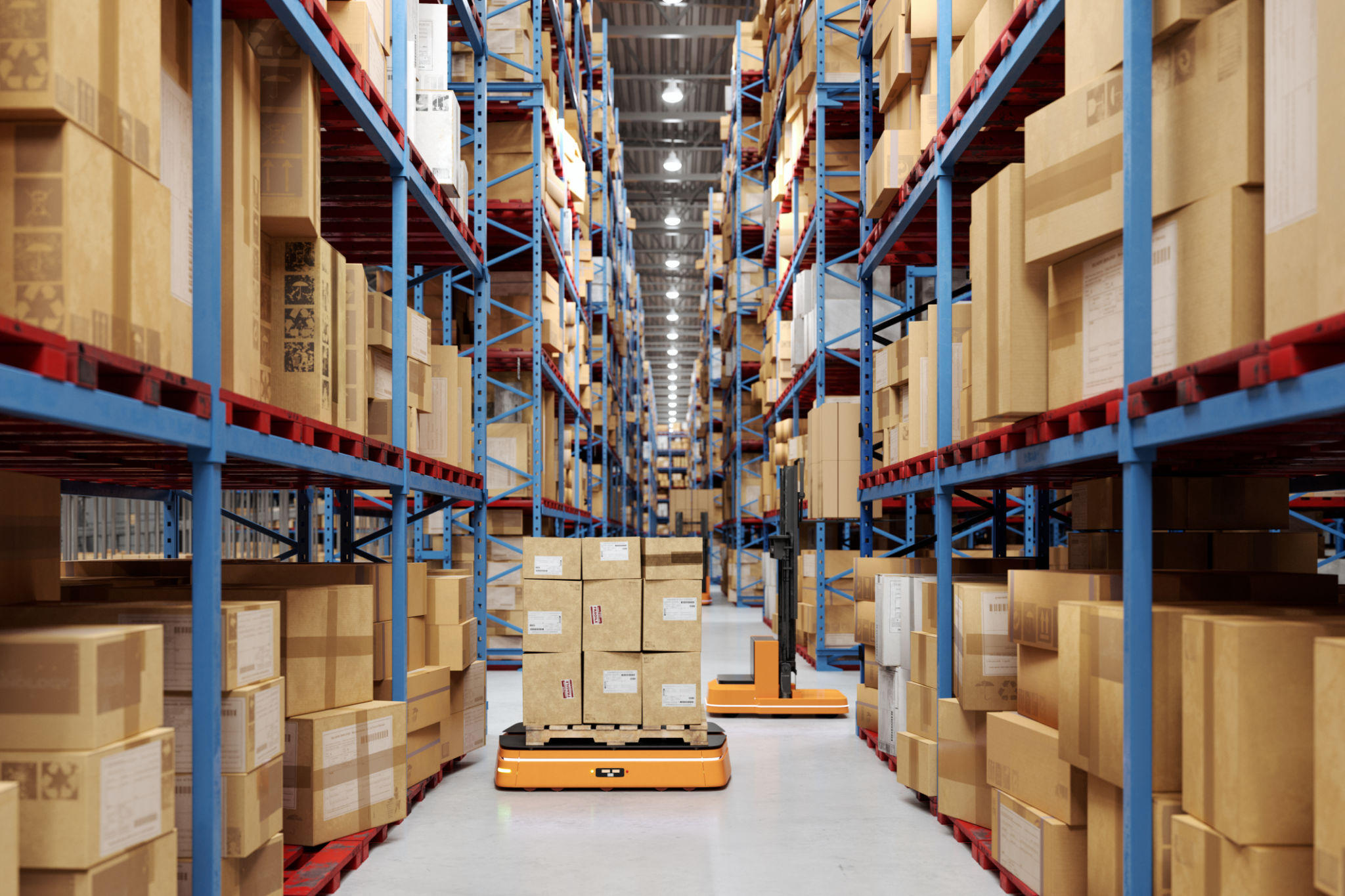Innovations in Eco-Friendly Freight Solutions: What to Expect
Revolutionizing the Freight Industry
The freight industry is undergoing a transformative phase as companies increasingly adopt eco-friendly solutions to reduce their carbon footprint. From electric trucks to sustainable shipping methods, these innovations are not just trends but vital components of a sustainable future. In this post, we explore the latest developments in eco-friendly freight solutions and what we can expect in the coming years.

Electric Vehicles: A Game Changer
One of the most significant innovations in eco-friendly freight solutions is the adoption of electric vehicles (EVs). Major logistics companies are investing heavily in electric trucks to cut down emissions. These vehicles offer a cleaner alternative to traditional diesel-powered trucks, providing benefits such as reduced greenhouse gas emissions and lower operational costs.
Companies like Tesla and Volvo are at the forefront of this revolution, producing electric trucks with impressive ranges and capabilities. The shift towards EVs is expected to accelerate as battery technology improves and charging infrastructure expands globally.
Sustainable Shipping Practices
Shipping, a cornerstone of global trade, is also seeing remarkable innovations in sustainability. The use of alternative fuels, such as biofuels and liquefied natural gas (LNG), is gaining traction as shipping companies seek to minimize their environmental impact. These fuels offer a cleaner combustion process, significantly reducing sulfur oxide and nitrogen oxide emissions.

Additionally, energy-efficient ship designs and wind-assisted propulsion systems are being implemented to further reduce fuel consumption and emissions. Companies are also exploring the potential of fully electric ships, although widespread adoption may still be a few years away.
Smart Logistics and Data Analytics
Data analytics and smart logistics solutions are playing an increasingly important role in optimizing freight operations. By leveraging big data, companies can enhance route planning, improve load efficiency, and reduce empty miles. This not only cuts down on fuel consumption but also increases overall operational efficiency.
Advanced algorithms can predict demand patterns and optimize supply chain operations, leading to more sustainable business practices. The integration of Internet of Things (IoT) devices allows for real-time tracking and monitoring, enabling companies to make informed decisions that benefit both the environment and their bottom lines.

Regulatory Support and Industry Collaboration
The push for eco-friendly freight solutions is further bolstered by government regulations and industry collaboration. Many countries are implementing stricter emission standards and offering incentives for companies that invest in green technologies. These policies encourage businesses to innovate and adopt sustainable practices more rapidly.
Collaborations between logistics companies, technology providers, and governmental bodies are essential for overcoming the challenges associated with transitioning to eco-friendly freight solutions. Such partnerships can facilitate the development of shared infrastructure and promote best practices across the industry.
The Future Outlook
As we look to the future, the freight industry is expected to continue its trajectory toward sustainability. Emerging technologies such as hydrogen fuel cells and autonomous electric vehicles hold promise for further reducing the environmental impact of freight transportation. While challenges remain, particularly in terms of infrastructure and cost, the commitment to innovation and sustainability is clear.
The transition to eco-friendly freight solutions is not just beneficial for the environment but also offers significant economic advantages. Companies that invest in these innovations can expect to see long-term cost savings, improved brand reputation, and enhanced customer loyalty. As these technologies become more mainstream, they will play a crucial role in shaping a greener and more sustainable future for global trade.